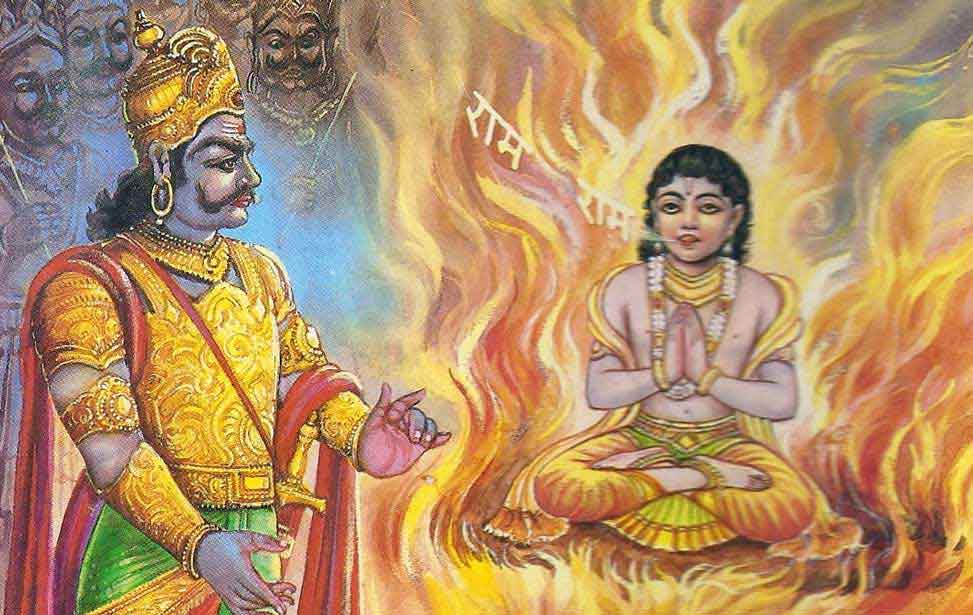By Smrithi Krishnaswamy, ISW Youth Reporter
Holi has been celebrated in India for centuries, with poems and scriptures describing the festivities dating all the way back to 4th century CE. These age-old traditions are still celebrated around the world today. This year, Holi begins on March 28. The date changes every year, but it is always celebrated in March, because the Holiday corresponds to the 12th month of the Hindu calendar year.
 There are varying stories explaining Holi’s origin, mentioned in several works of ancient Indian literature. According to one popular version of the story, an evil king, named Hiranyakashyap, became so powerful that he forced his subjects to worship him as their god. However, the king’s son Prahlada continued to be a devotee of the Hindu deity Lord Vishnu. The angry king plotted with his sister, Holika, to kill his son. Holika, who was immune to fire, tricked Prahlada to sit in a pyre (fire pit) with her. When the pyre was lit, the boy’s devotion to Lord Vishnu allowed him to survive while Holika, who the festival is named after, was burned to death despite her immunity.
There are varying stories explaining Holi’s origin, mentioned in several works of ancient Indian literature. According to one popular version of the story, an evil king, named Hiranyakashyap, became so powerful that he forced his subjects to worship him as their god. However, the king’s son Prahlada continued to be a devotee of the Hindu deity Lord Vishnu. The angry king plotted with his sister, Holika, to kill his son. Holika, who was immune to fire, tricked Prahlada to sit in a pyre (fire pit) with her. When the pyre was lit, the boy’s devotion to Lord Vishnu allowed him to survive while Holika, who the festival is named after, was burned to death despite her immunity.
The symbolism of the story and holiday is the triumph of good over evil, but the holiday means different things to different people. I spoke to a few family and friends to find out what Holi meant to them. According to one family, they regard Holi as a day to express their gratitude and love for one another and their good fortune. Another friend explained that it is also a celebration of spring, and the life that blooms with the change of seasons.
 The celebrations of the festival in India share similarities and differences to how it is celebrated here in the US. Here, families are limited to only celebrating in their homes with friends, but in India strangers and family alike celebrate by throwing packets of color powder (called gulal) at one another. Many families go to the temple and have a bonfire the day before Holi. On Holi, people generally wear white clothes but go home covered in all the colors of the rainbow. One tradition that does not change is the delicious food. Everyone eats a delicious meal with lots of sweets for dessert, regardless of living in India or not.
The celebrations of the festival in India share similarities and differences to how it is celebrated here in the US. Here, families are limited to only celebrating in their homes with friends, but in India strangers and family alike celebrate by throwing packets of color powder (called gulal) at one another. Many families go to the temple and have a bonfire the day before Holi. On Holi, people generally wear white clothes but go home covered in all the colors of the rainbow. One tradition that does not change is the delicious food. Everyone eats a delicious meal with lots of sweets for dessert, regardless of living in India or not.
Holi is a colorful celebration around the world and is quickly becoming a well-known holiday. It is wonderful to see centuries old traditions continue to live on. Holi is a celebration with an important message, and it was wonderful for me, someone who does not celebrate Holi, to learn more about this beautiful holiday. I hope you learned a little bit from this exploration too. Thank you for reading.
Image credit: holi-mythology-min.jpg
Photo credit: John Thomas on Unsplash
